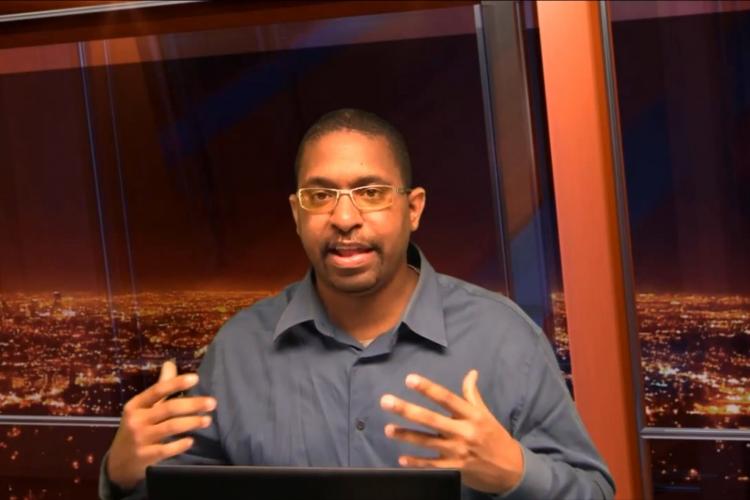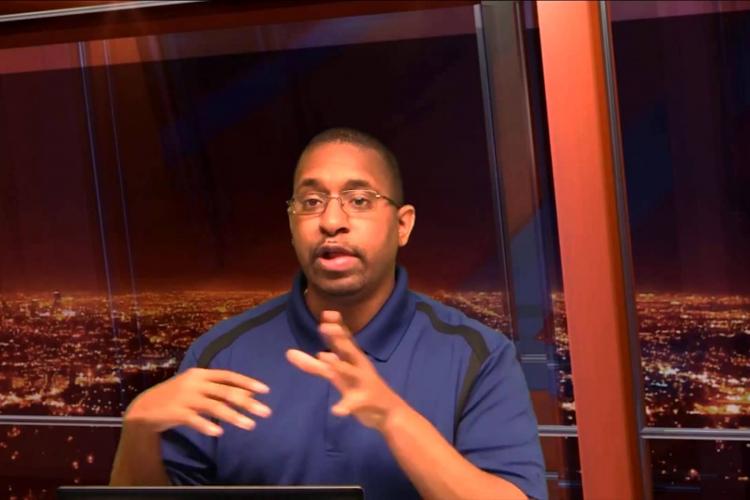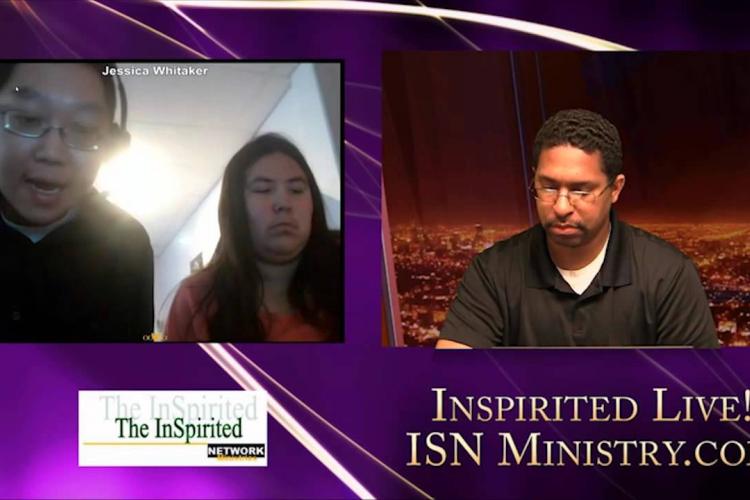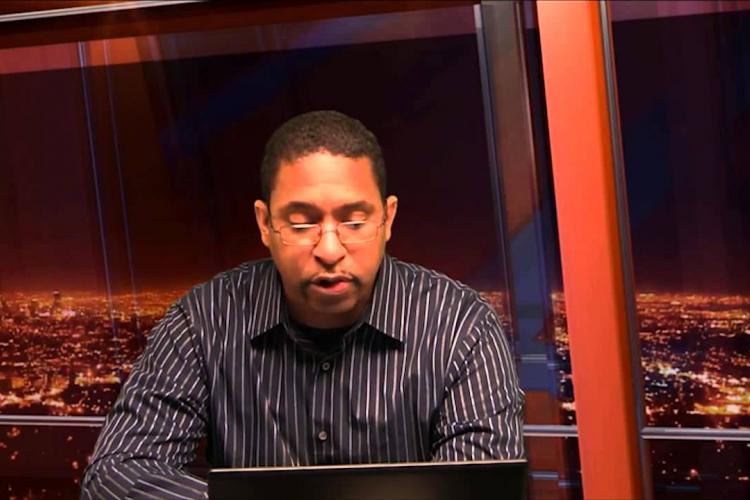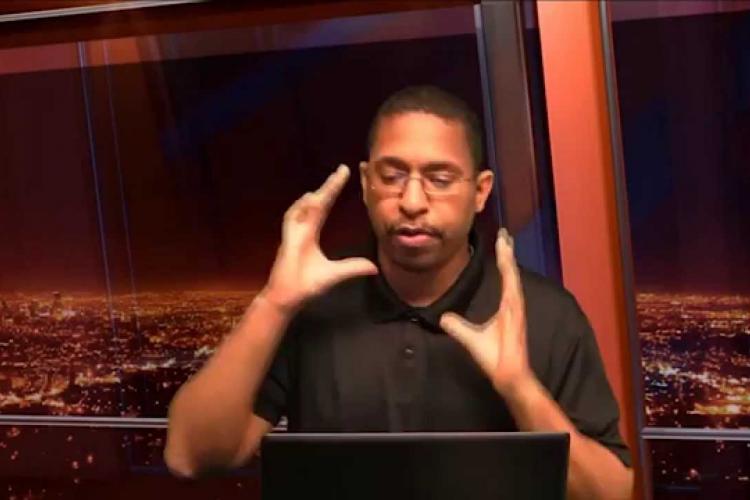Jeremiah brought a message of rebuke to the people of Judah. Because this was not a popular message, he met a lot of opposition. As people planned to do him harm God was with him to deliver him. Why did so many reject the warnings of the prophet? How does this still happen, even in our time today? Why were people more willing to listen to false prophets? If God hadn't sent them, who did? Why was Jeremiah told not to pray for the people? Are there limitations to God's mercy? If so, what happens when those limits have been reached? Is repentance always genuine?
Who were the last five kings of Judah? How did God reach out to them? What was there response to the message of Jeremiah the prophet and God's Word? What lessons can we draw from this for our time today? What made many of the kings of Judah so stubborn? How was Josiah's reign different? What did Josiah do during his reign that contrasted the other kings and what message does that hold politicians in today's time? In this lesson we cover Josiah, Jehoahaz, Jehoiakim, Jehoiachin, and Zedekiah. We explore the events that led to the Babylonian captivity and the parallels with today.
Why is humanity in crisis? How does this crisis impact the lives of God's people? In what way did Jeremiah face this crisis in his time? How does this relate to challenges the church faces from both the secular world and within the church itself? In what ways can challenges from within be worse than challenges without? In what ways did the history of Israel and Judah show crisis from within? Why did God punish His chosen people through other nations? What was God trying to teach them? As we explore the book of Jeremiah, we will see how many things parallel today.
This week we start a new quarter on the book of Jeremiah the Prophet. How was this prophet called? What can we know about his background and ministry? What exactly is a prophet's job? What kinds of messages does God send through prophets? How does God communicate with prophets? Are they always willing to accept the call? Will people readily accept their message? In what way was Jeremiah's experience similar to that of Jesus? This week we take our first look at Jeremiah.
What was the mission and message of Paul all about? What could we say was central to his message? What did Paul preach? How did he adapt his message to reach different kinds of audiences? How important was the concept of the resurrection in Paul's teaching? In this lesson we will explore the techniques Paul used to reach Jewish and Gentile audiences. Like Jesus, Paul used what was familiar to his listeners to explain what was unfamiliar to them. In looking at how Paul did this, we can learn a great deal about teaching spiritual truths to people today.
What can we learn from Peter's outreach to the gentiles? How did it contrast from Paul's? What can we learn from the story of Cornelius and the conversion of his friends and family? What important lessons did Jews of the early church have to learn? What might that mean for the church today? Does culture or race matter when it comes to salvation? This week as we explore these lessons we'll look at the stories of early gentile converts to Christianity.
Has the plan of salvation always been all inclusive? Was it always God’s plan to save the entire world, or only a select group of people? What can we learn about the plan of salvation from the Old Testament? What was the purpose of the Nation of Israel? How did Jesus fulfill the prophecies of the Old Testament? What does the Great Commission reveal about the role of the Christian church and Christianity in Jesus’ mission to save the lost? What can we learn from the parables of Jesus about how Jesus viewed salvation and the role the church should play in it?
How does God use people to witness in unlikely circumstances? How did God use the exiles to introduce Himself to great kings and leaders of empires? What were the qualities of Daniel, Joseph, and Esther that made them powerful witnesses for God while under the rule of those who did not share their faith? Does God use active or passive witnesses? Should one's witness be a formal Bible study series or scattered over time? What can we learn from these examples about sharing our faith and doing evangelism?
What can we learn about missionary activity from the story of Jonah? What kind of missionary was Jonah and how did he respond to his calling? Do missionaries have flaws? What does God's pursuit of Jonah tell us about salvation and who God desires to save? Why was Jonah reluctant to go to Nineveh? In what ways are we very similar in attitude to Jonah? This week we explore the story of Jonah from a missionary standpoint and learn how God shows compassion on the repentant and how His judgments are conditional.
In the story of Namaan and his leprosy, who was the unlikely missionary? What can we learn about salvation and outreach from this example? Why does Elisha have Namaan dip in the Jordan River 7 times? How does this story portray faith, obedience, and transformation? What did being saved by grace mean for Namaan and how did he respond to God's grace? What are the prerequisites for seeing the mighty works of God? This week we explore the little that is said about an unlikely missionary that had a huge impact on Namaan and his encounter with Elisha.

